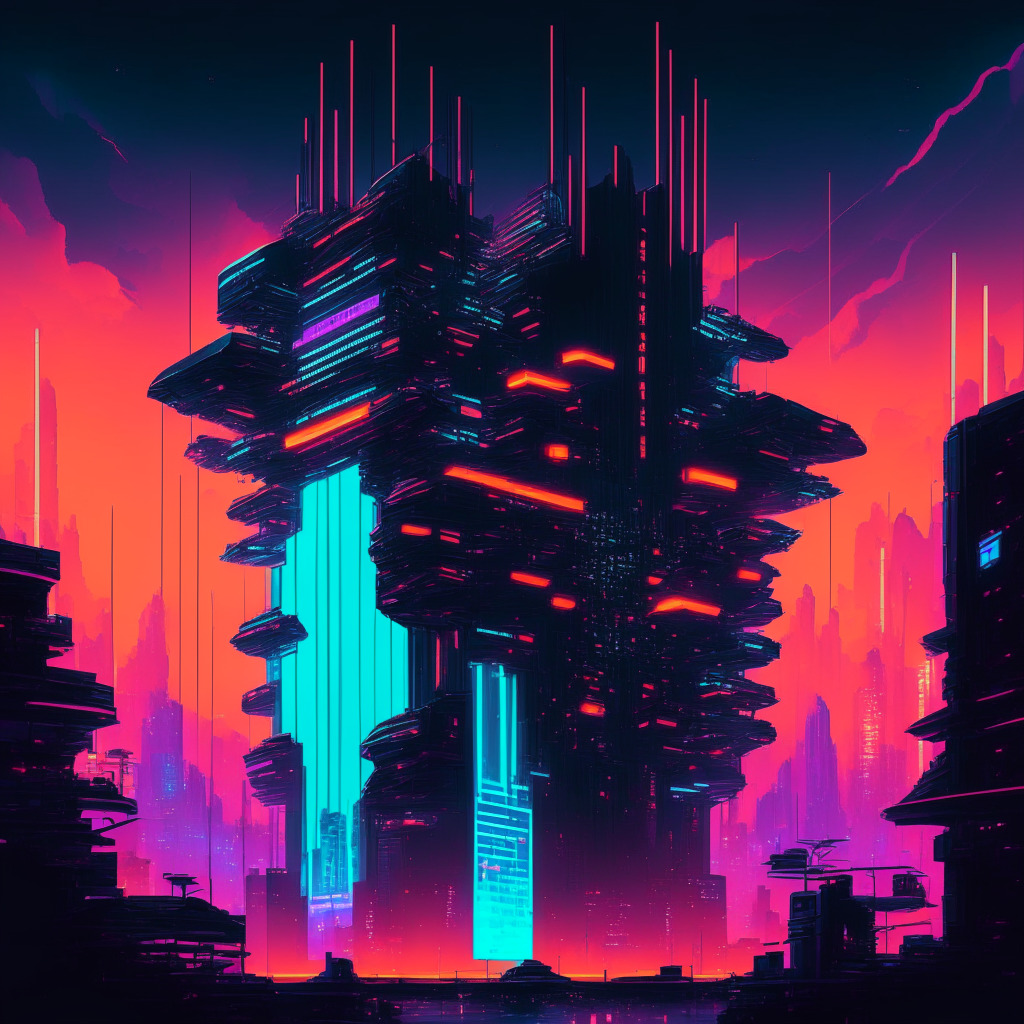Web3 has taken the music industry by storm, with both independent and major label artists exploring nonfungible tokens (NFTs) and hosting virtual concerts in the metaverse. However, for many, the true potential and practical applications of these technologies remain unclear. Recognizing this gap, Water & Music, a collaborative music technology research network, recently held its inaugural Wavelengths Summit to explore the cutting edge of music technology and democratize access to information. Discussions at the event revolved around topics such as blockchain-based communities, artificial intelligence in the music industry, and the future of artist revenue streams.
According to Cherie Hu, founder of Water & Music, the music industry has long suffered from information silos, making it difficult to gain a holistic understanding of fans’ interactions with music. Founded as a free newsletter in 2016, Water & Music has expanded to include paid membership tiers, online collaboration networks, and in-person events. By breaking down these barriers, Water & Music aims to empower its community with the knowledge needed to adapt and succeed in an increasingly digital world.
The importance of community building, both in music and the Web3 space, was highlighted throughout the Wavelengths Summit. Sessions such as “Music Community Building and Decentralization: Lessons from History” and “URL to IRL: Uniting Music Communities Online and Offline” emphasized the value of nurturing connections through blockchain and decentralization.
Discussions around blockchain technologies in music, particularly decentralized autonomous organizations (DAOs), underlined their potential as an extension of a long-running trend of decentralization. Austin Robey, co-founder of Metalabel, described blockchain-based voting and governance as digital iterations of traditional community decision-making. Notably, although DAOs are subject to code, real-world communities have always been guided by social “codes.”
Furthermore, Kaitlyn Davies, an expert on DAOs, argued that cultivating music communities is essential for driving culture, and decentralized technology can help facilitate that process more equitably. However, embracing such technologies requires a thorough understanding of the target community. For instance, artists can experiment with NFTs that provide fans with free access to concerts or other unique experiences based on their interests.
With Web3 offering several unique benefits to musicians, Diana Gremore, Water & Music’s events director, noted that its greatest strength lies in its ability to build and maintain communities. Web3’s capacity for efficiency, as mentioned by Hu, enables artists to use “smart money” more effectively, maximizing the impact of limited resources.
While the adoption and implementation of blockchain and Web3 technologies in the music industry face challenges, they have the potential to profoundly transform the way musicians connect with their fans, build communities, and earn revenue. As more artists begin to recognize the opportunities afforded by decentralization, we can expect to see innovative and equitable ways of empowering both musicians and their audience.
Source: Cointelegraph




